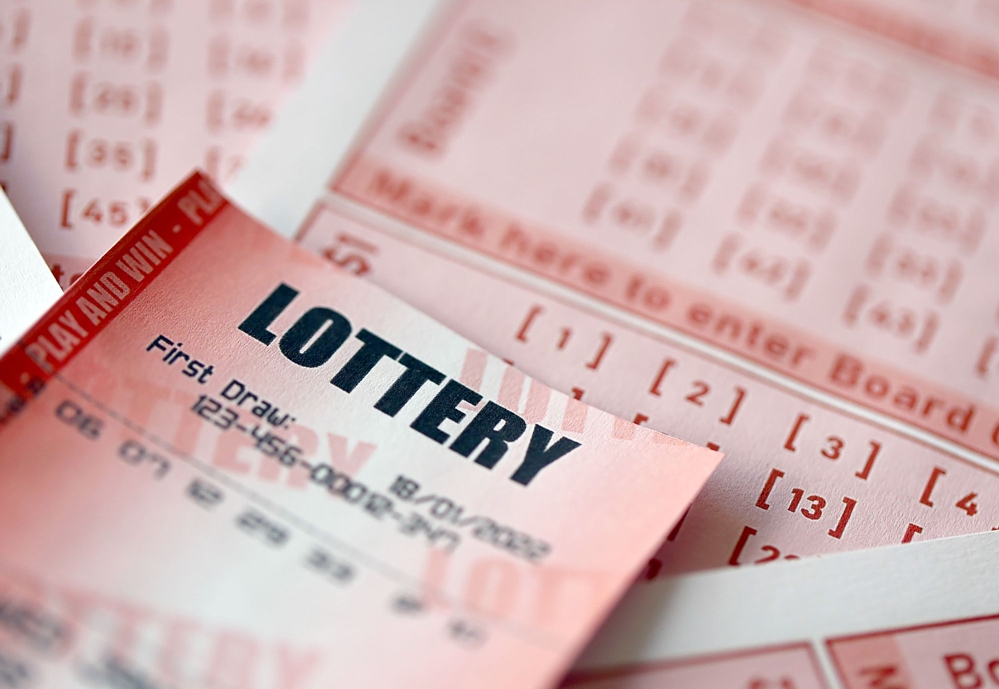
Lottery is a form of gambling in which tickets are sold and prizes awarded by chance, often in the form of money. The practice of making decisions or determining fates by drawing lots has a long history, including several instances in the Bible and in ancient Rome: Augustus Caesar gave away property and slaves by lottery; during Saturnalian feasts, guests would draw pieces of wood with symbols on them for the various prizes offered at dinner (called an apophoreta).
In recent times, most states have legalized state-run lotteries that sell tickets and conduct drawings for cash and other goods. Some governments prohibit private lotteries and games of chance, while others endorse them and regulate them. Some even have laws prohibiting commercial advertising of the lotteries. In addition, some states use the proceeds from lotteries to provide social welfare services.
Critics of the lotteries claim that they are based on false or misleading information, such as promising large sums of money to all participants (even if those sums are paid out over time in equal annual installments, a process called deferred payment); inflating the value of prize amounts; and using misleading pictures in advertising to appeal to emotions, including fear and greed. The lotteries also are criticised for relying on a message that is unsupported by statistical evidence, namely that the more one plays, the higher their odds of winning. This is not true; one set of numbers is no luckier than another, and the likelihood of a winning combination doesn’t increase over time.
Despite the odds against them, some people play the lotteries on a regular basis and spend $50 or $100 a week. Their behavior is irrational, and they know that the odds are long, but they still feel that they’re doing good for society and themselves when they purchase tickets. I’ve talked to many of these people, and they all have these quote-unquote systems that are not supported by statistical reasoning, about lucky numbers or stores or times of day when they buy their tickets.
Many of these people are members of a syndicate, a group of people who pool their money to buy more tickets and share the winnings. They do this because it’s fun, and it’s a sociable way to make friends. They’ve convinced themselves that they are doing a “civic duty,” because the state takes in a small percentage of the money that is wagered on the lotteries. But the amount of money that the state takes in from these activities is dwarfed by the amounts that it raises through other types of taxes, such as income or sales tax. Moreover, the percentage of state revenues that comes from the lotteries is actually less than for tobacco or alcohol, both of which are also addictive vices and impose direct societal costs. Nonetheless, state politicians continue to promote the idea that replacing taxes with lottery revenues is a win for taxpayers. This is a misguided view, and we should avoid it at all costs.